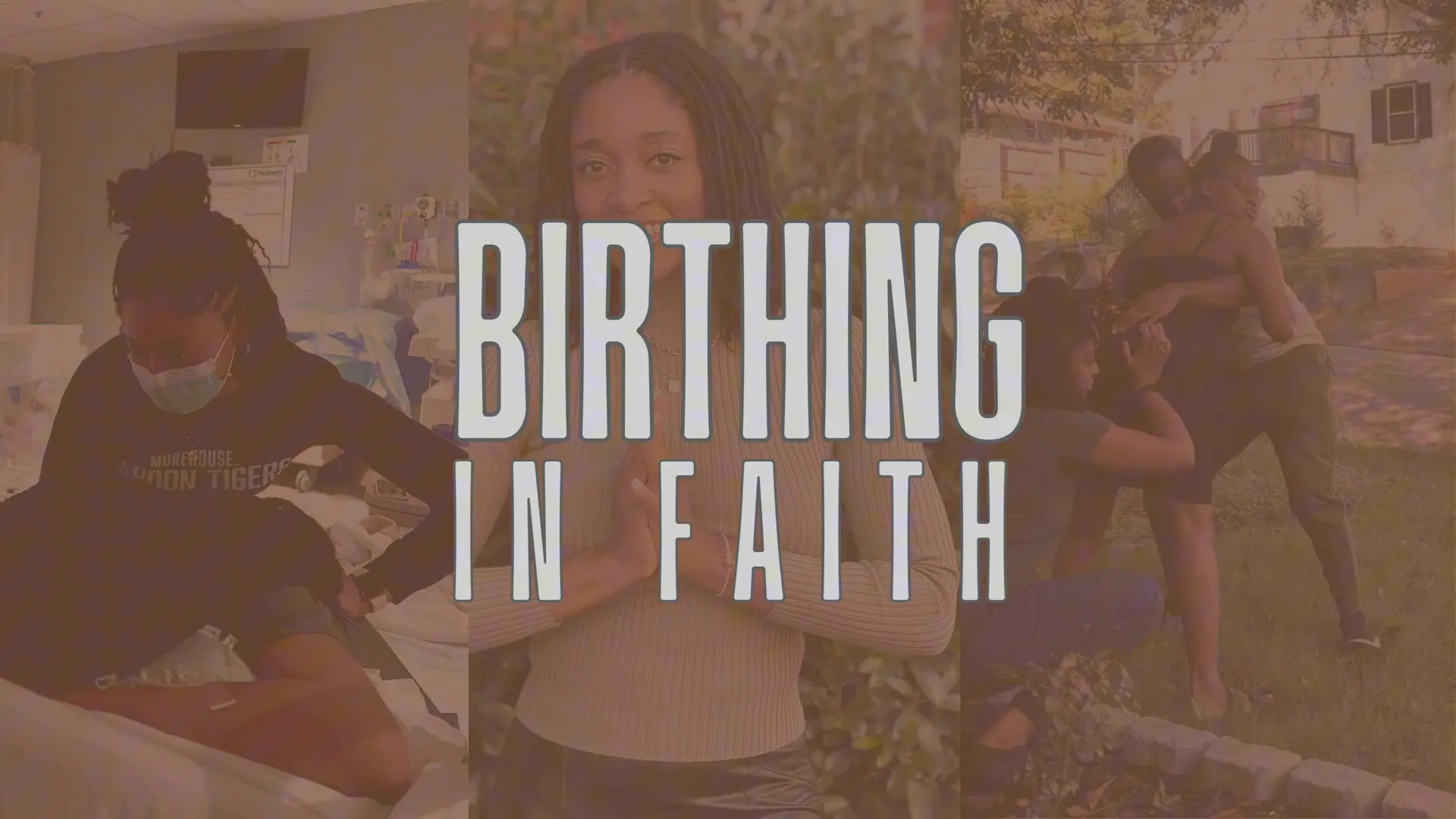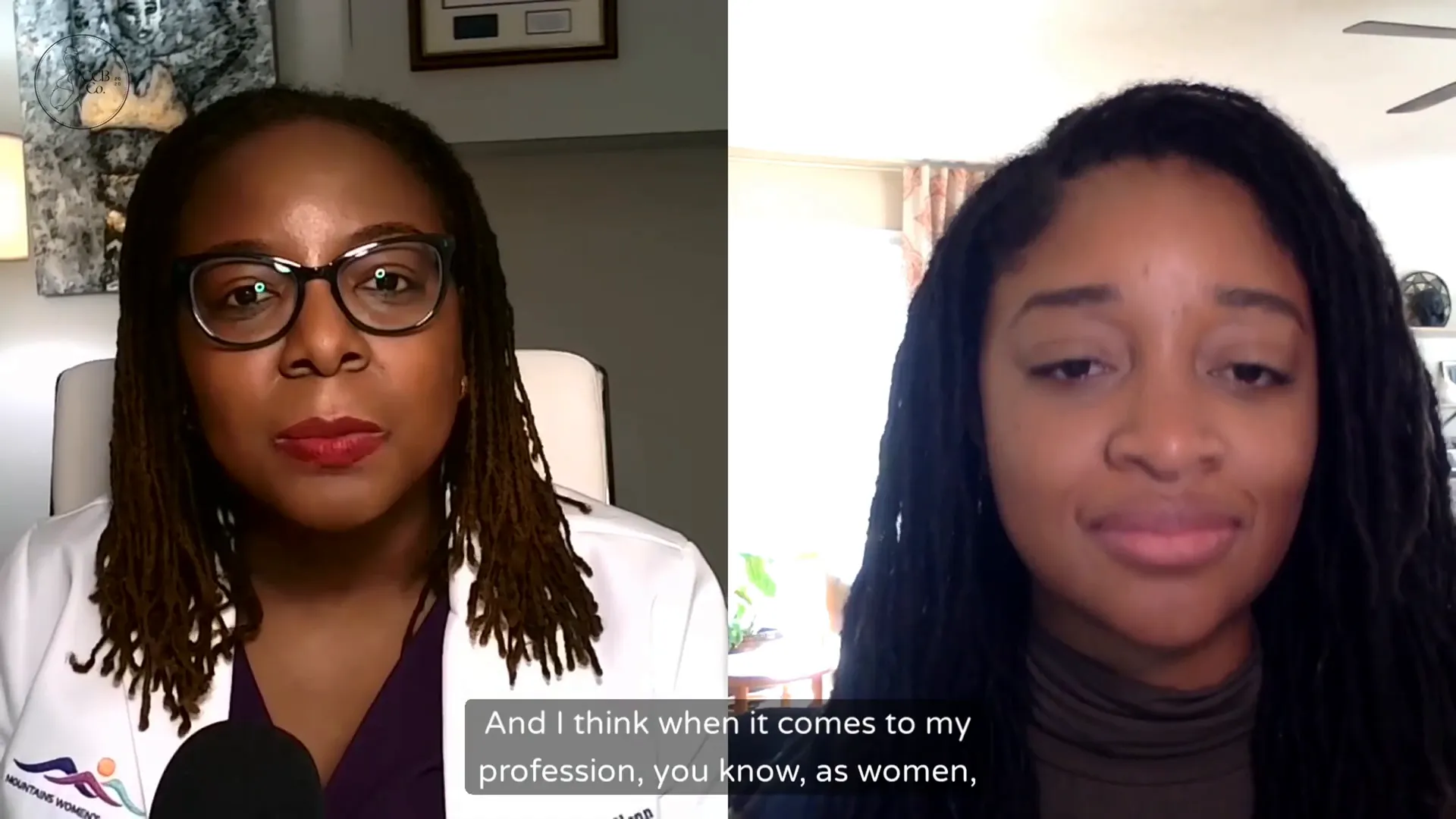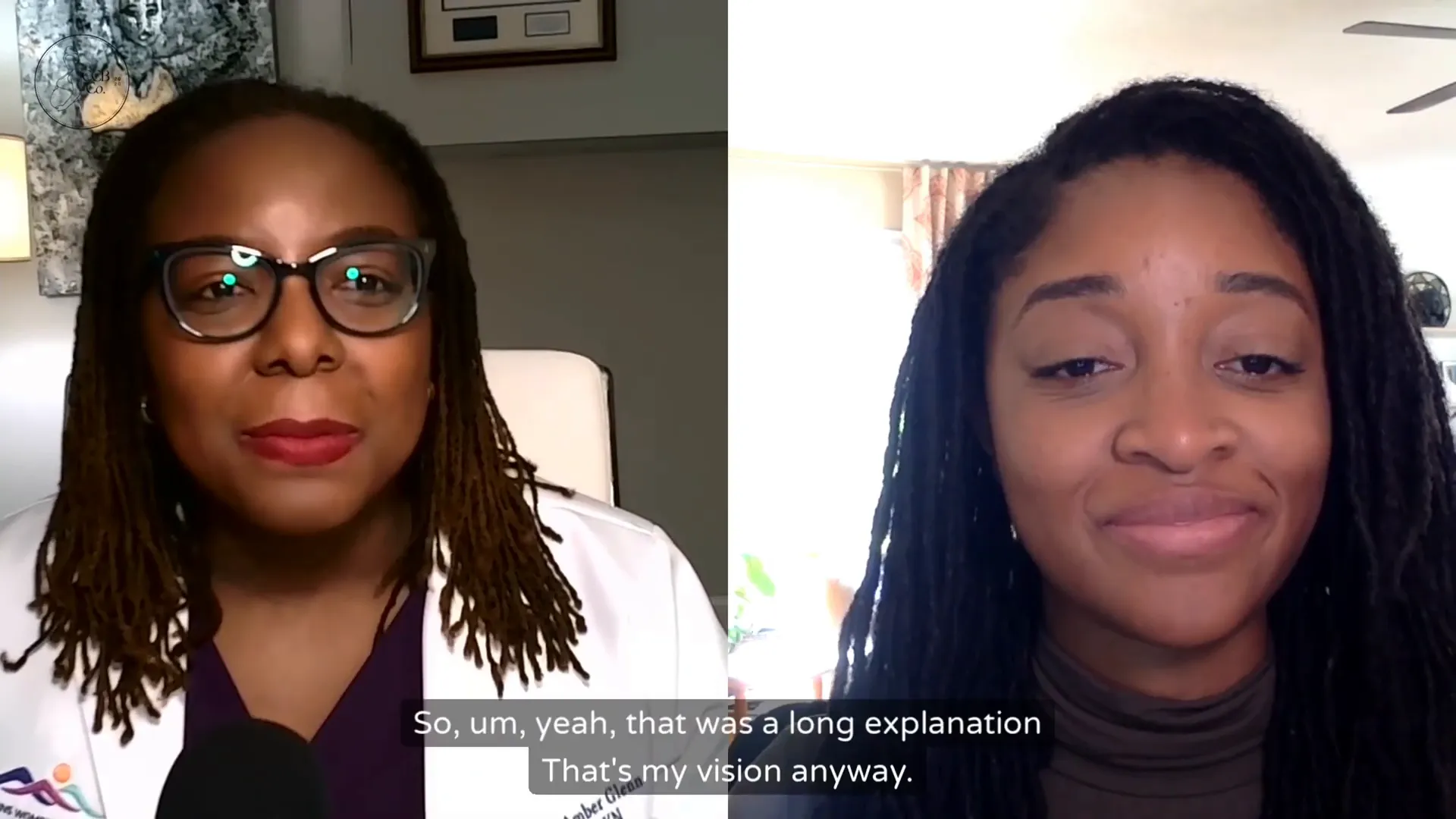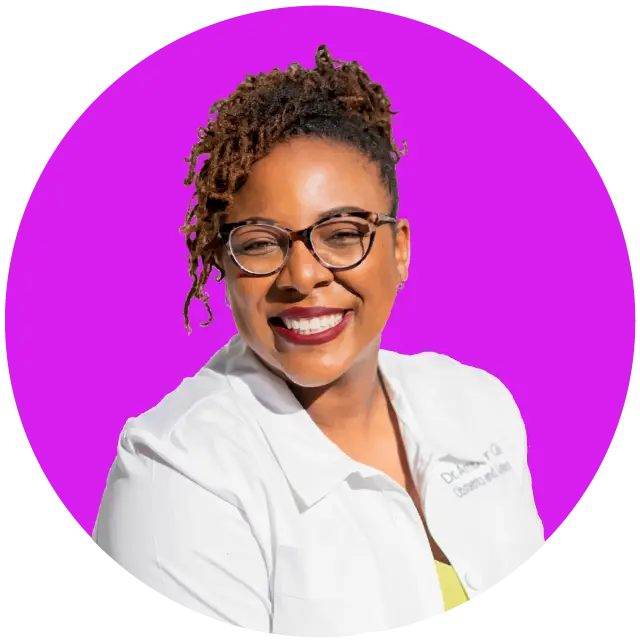In today’s society, the topic of being childless—whether by choice or circumstance—carries significant weight. Many women experience various pressures regarding motherhood, often from societal expectations, family dynamics, and personal desires. This blog post aims to explore these themes through the insights of Dr. Amber Glenn, an OBGYN based in Atlanta, who passionately advocates for women’s health and reproductive rights.
Meet Dr. Amber Glenn
Dr. Amber Glenn is a board-certified OBGYN with a rich background that informs her practice. Originally from Detroit, she has been practicing for eight years and recently opened her own practice, Mountains Women’s Center, in July 2023. Dr. Glenn is driven by a mission to provide compassionate and comprehensive care to women, emphasizing the importance of addressing their unique health needs.

Understanding the Role of an OBGYN
As an OBGYN, Dr. Glenn’s responsibilities encompass both obstetrics and gynecology. While obstetrics focuses on pregnancy and childbirth, gynecology covers a broad range of women’s health issues, including menstrual health, hormonal imbalances, and fertility care. Dr. Glenn emphasizes the need for open communication with women regarding their reproductive health, regardless of their current family status.
The Importance of Conversations About Fertility
During routine examinations, Dr. Glenn believes in discussing fertility with women, especially those over the age of 30. Many women may not think to address this topic during their visits, yet it is critical to understand how age affects fertility. Dr. Glenn’s approach is to create a safe space where women can discuss their reproductive choices, whether they wish to conceive or not.

Childless by Choice vs. Not by Choice
Dr. Glenn points out a crucial distinction between women who are childless by choice and those who find themselves in that position due to circumstances beyond their control. Statistics indicate that about 20% of women aged 40 to 44 do not have children, with half of those being childless not by choice. This reality highlights the need for sensitivity and understanding in how society views women who do not have children.
The Impact of Childlessness on Women’s Health Care
Women who are childless, whether by choice or circumstance, often encounter unique challenges in their health care. Dr. Glenn has observed that many of her patients feel marginalized within the healthcare system. When a woman walks into an OBGYN office, she may carry anxiety and fears about what the visit might reveal. Dr. Glenn strives to alleviate this stress by ensuring her patients feel heard and cared for.
Addressing Misconceptions and Stigmas
One of the significant issues surrounding women’s reproductive health is the stigma associated with being childless. Dr. Glenn emphasizes that many women internalize societal pressures and may feel ashamed for their choices or circumstances. It is crucial to foster open conversations about these experiences to combat feelings of isolation and shame.
Creating a Safe Space in Healthcare
Dr. Glenn’s practice, Mountains Women’s Center, aims to provide a calming and welcoming environment for women. She believes that names and spaces hold power, and she wants her practice to be a refuge where women feel safe discussing their health concerns. The name “Mountains” is inspired by Psalm 121:1, symbolizing where help comes from and creating a sense of peace for her patients.
Empowerment Through Knowledge
Dr. Glenn encourages women to take charge of their health by seeking second opinions if they feel unheard or dismissed by their healthcare providers. She believes that every woman has the right to advocate for her health and well-being. Knowledge is power, and understanding one’s options can lead to better health outcomes.

The Emotional Aspects of Childlessness
The emotional toll of being childless—whether by choice or not—can be profound. Dr. Glenn acknowledges that women often experience grief when faced with infertility or the decision not to pursue motherhood. She advocates for mental health support, encouraging women to seek therapy and community support to navigate these feelings.
Reproductive Justice and Social Responsibility
Dr. Glenn emphasizes that reproductive justice is a critical aspect of women’s health. She advocates for the rights of women, particularly women of color, to make informed decisions about their bodies. The disparities in healthcare access and quality for marginalized communities highlight the need for systemic change.

Hope for Change in Healthcare
Despite the challenges, Dr. Glenn remains hopeful for change in the healthcare system. She believes that by fostering open dialogues and empowering women to advocate for themselves, society can begin to shift its perceptions and policies regarding women’s health. This change requires collective effort from healthcare professionals, employers, and communities to ensure equitable access to care.
Conclusion
Dr. Amber Glenn’s insights shed light on the complexities of being childless, whether by choice or circumstance. It is essential to create spaces where women feel comfortable discussing their reproductive health and choices. By advocating for reproductive justice and empowering women to take charge of their health, we can work towards a more inclusive and compassionate healthcare system.
Frequently Asked Questions (FAQ)
- What is the difference between obstetrics and gynecology?
Obstetrics focuses on pregnancy and childbirth, while gynecology deals with women’s reproductive health outside of pregnancy. - How should I approach conversations about fertility with my doctor?
Be open about your concerns and ask direct questions regarding your fertility, regardless of your current family status. - What support is available for women experiencing infertility?
Consider seeking therapy, joining support groups, or consulting with healthcare professionals specializing in fertility. - What does reproductive justice mean?
Reproductive justice advocates for the rights of individuals to make informed decisions about their reproductive health and family planning. - How can I find a supportive healthcare provider?
Look for providers who prioritize patient-centered care and create an environment where you feel heard and respected.

Dr. Amber Glenn is an exceptionally skilled and compassionate physician dedicated to serving the community of Smyrna, Georgia and surrounding areas. With her extensive knowledge and expertise in Obstetrics & Gynecology, she has become a trusted name in the field. Amber’s commitment to delivering high-quality care is evident through her more than 7 years of experience, which has allowed her to develop a deep understanding of the unique needs and concerns of her patients.
